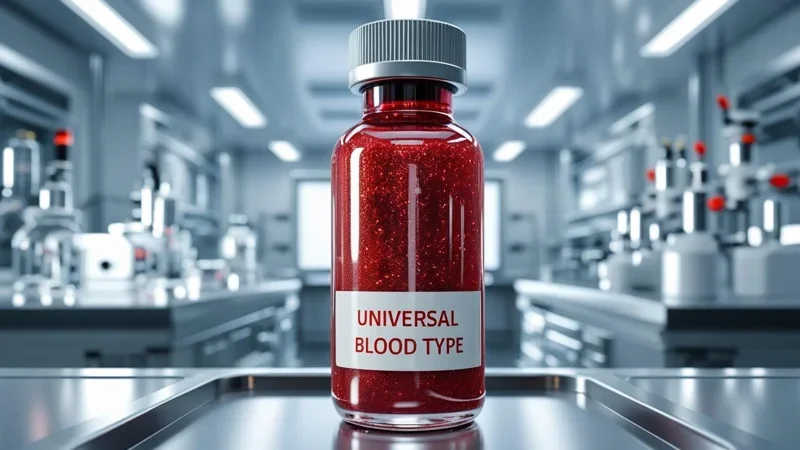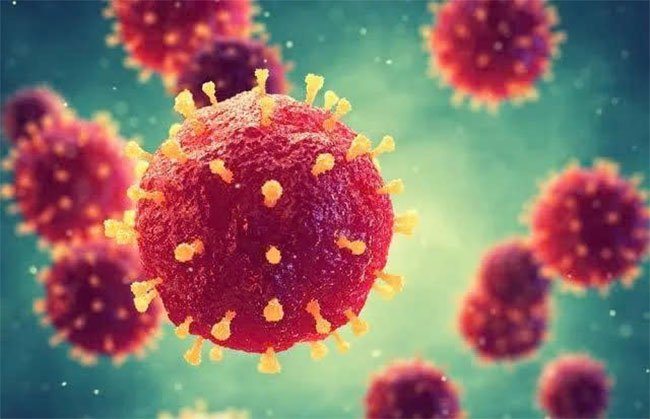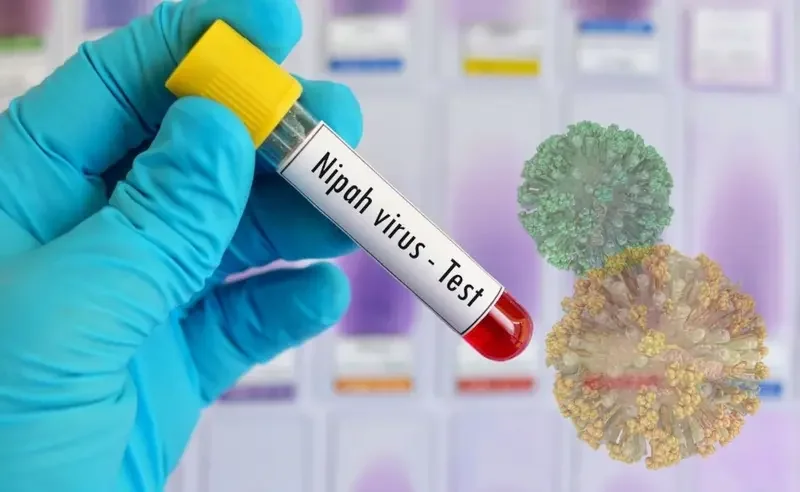In a major medical breakthrough, Japanese researchers have successfully developed synthetic red blood cells that function almost identically to natural ones — carrying oxygen throughout the body, maintaining blood flow, and supporting vital organ function. What makes this innovation truly remarkable is its universal compatibility and long shelf life, addressing two of the biggest challenges in modern transfusion medicine.
Unlike human blood, which can typically be stored for only about 42 days and must match the recipient’s blood type, these artificial red blood cells can be preserved for over two years without degradation. Moreover, they can be safely transfused into any patient regardless of blood group, eliminating the need for compatibility testing during emergencies.
The research team achieved this breakthrough by engineering microscopic, flexible capsules that replicate the structure and behavior of natural red blood cells. Each synthetic cell contains a specialized compound capable of binding and releasing oxygen — effectively mimicking hemoglobin, the key protein responsible for oxygen transport in the body. The outer membrane is designed to resemble natural cell walls, allowing smooth passage through blood vessels and ensuring biocompatibility.
In early animal trials, the artificial blood demonstrated promising results. When infused into test subjects suffering from blood loss, it efficiently restored oxygen delivery and blood circulation without causing immune rejection or clotting issues. The animals showed stable vital signs, confirming that the synthetic cells could perform essential life-sustaining functions comparable to those of natural blood.
Experts believe this innovation could revolutionize emergency medicine, battlefield healthcare, and remote medical care where blood supplies are often limited. It could also prove vital during natural disasters, pandemics, and surgeries requiring large volumes of blood. The ability to store synthetic blood for extended periods and use it universally could drastically reduce blood shortages and improve response times in critical care situations.
Researchers are now preparing for large-scale clinical trials to test the safety and efficacy of synthetic blood in humans. If successful, Japan’s breakthrough could redefine global healthcare standards, paving the way for a future where blood shortages and donor mismatches become problems of the past.







































